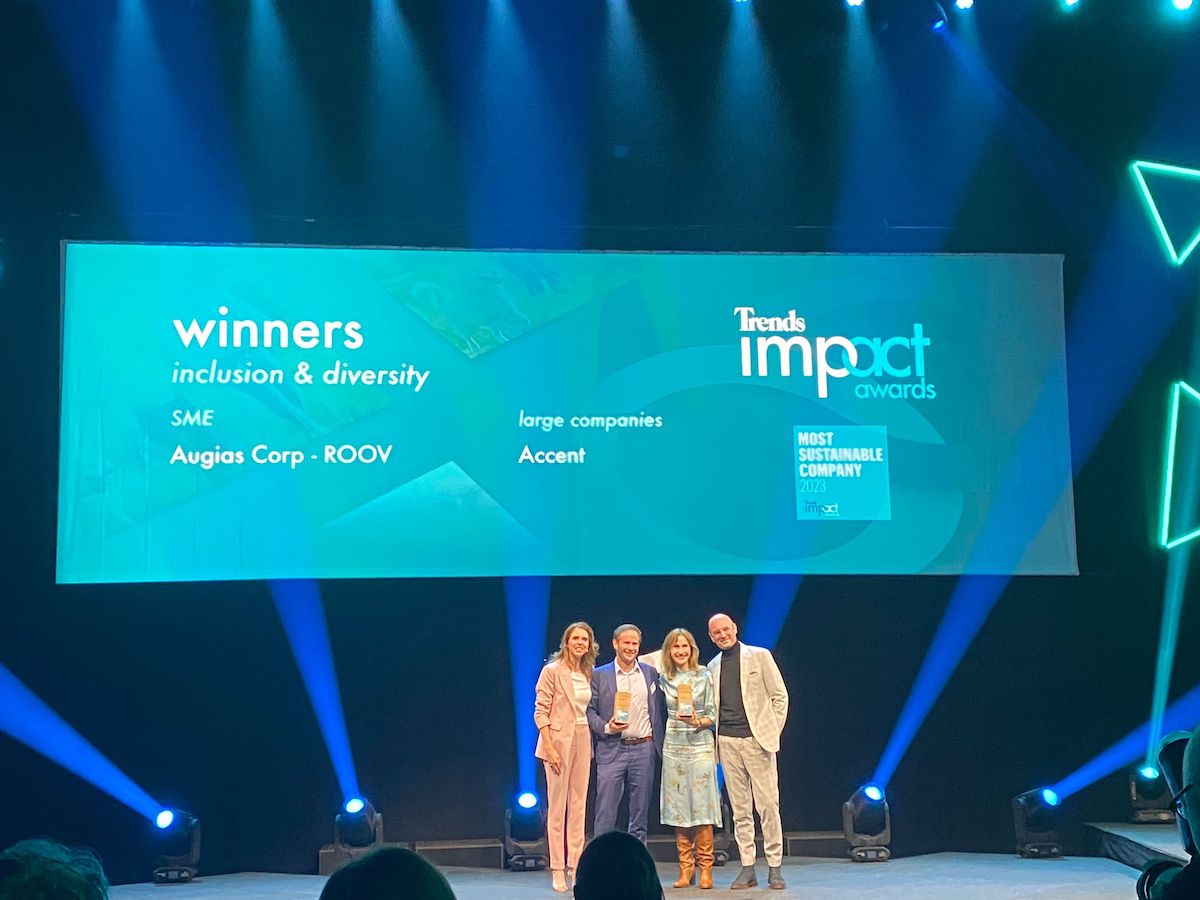
26-10-2023
In the last months, we worked together with 2 master students Economics and Business Administration at the University of Ghent. Flor and Emile engaged to get deeper insights into how individuals deal with finances, financial literacy, how we feel about banks and banking apps, ... In short, a substantive deep insight that should benefit our own app.
More than 300 people filled in the survey, whereby we tested various hypotheses against reality. A literature study across national borders was tested against our Belgian market. Some of the most important insights are shared below.
We asked 3 simple questions:
Below are the 3 questions and do the test yourself. You can find the correct solution at the bottom of the article.
1) Say you have €100 in your savings account and the interest is 2% per year. How much do you think you will have in your savings account after 5 years, if you decide not to withdraw any money from your savings account in the meantime?
2) Imagine that the interest on your savings account is 1% per year and inflation is 2% per year. Would you then after 1 year put the money in your savings account...
3) One individual share of a company provides a safer return than an equity fund.
We asked some questions and tried to find out who should be responsible for financial knowledge. It was an unequivocal response by both young and old.
Question was: "I did not get enough knowledge from my secondary education to meet my financial obligations".
In other countries and specifically in Scandinavia, a finance week is organised every year for schoolchildren to make them aware of money. An initiative that we would certainly support with ROOV.
A hot topic in recent months and weeks that we are confronted with more and more. How much do we worry about finances. The results were downright shocking to our limited audience.
Finally, we also wanted to explain another aspect of finance. We have finances, but that also includes personal finance. How do we keep track of everything and how good are our insights?
Our analysis after a fantastic cooperation with Flor and Emile (if they want recommendations from an employer, they can always contact me) was one that was both hopeful and instructive. There are still many challenges around finance and financial illiteracy. A working point that needs to be linked between governments and Fintech companies like us. In the coming months, we will therefore commit ourselves specifically to developing the insights and applying them in our own app.
If you would like further information about the research, please send an e-mail to frederic@roov.app.
Frédéric
CEO ROOV
Answers: 1A, 2C, 3A